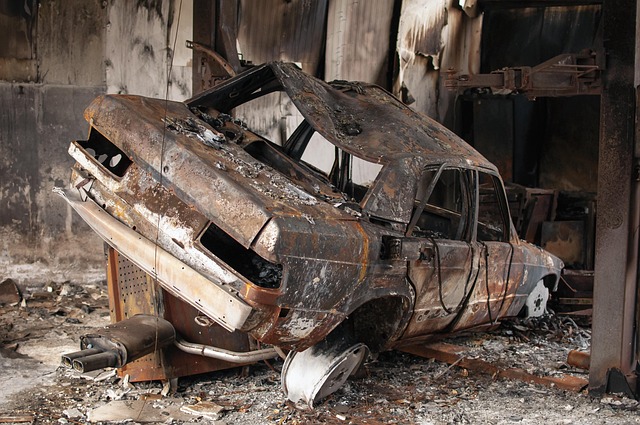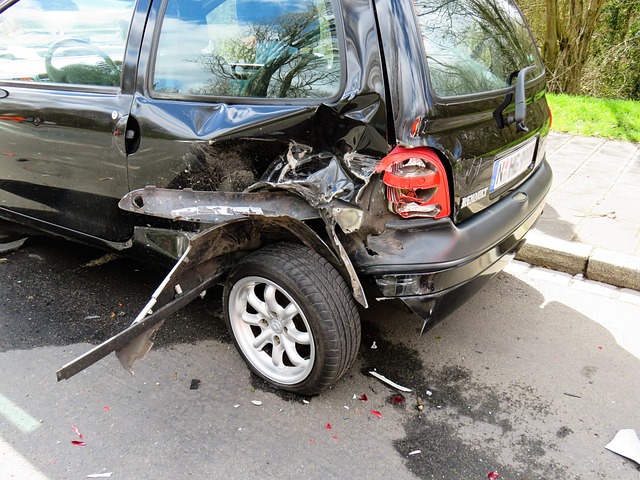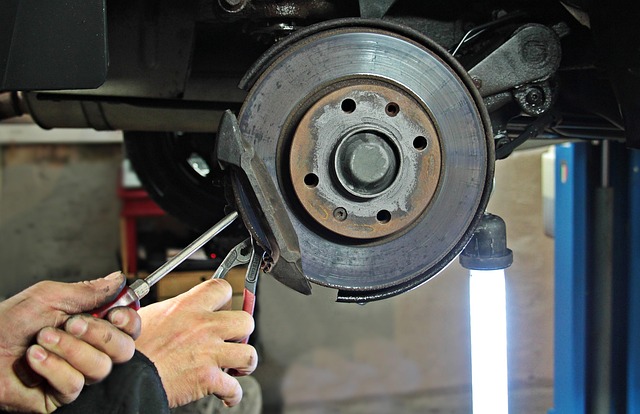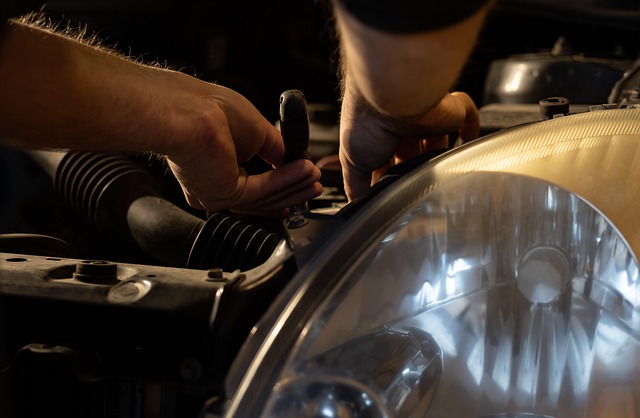Factory Tolerance Restoration (FTR) is a vital auto maintenance process that corrects minor defects in vehicle bodywork, aligning them with manufacturer standards. Skilled technicians ensure aesthetic integrity and prevent warranty claims by addressing even the smallest deviations from original specifications. This meticulous practice enhances shop reputation, promotes vehicle longevity, and contributes to sustainability while safeguarding consumer protection and simplifying liability for manufacturers and repair services. Accurate FTR is critical for maintaining product quality, customer satisfaction, and legal compliance in automotive body shops.
Factory Tolerance Restoration (FTR) is a critical process aimed at improving manufacturing precision and consistency. By refining tolerances to specified parts, FTR ensures products meet exacting standards. This article explores the profound impact of FTR on key aspects: warranty claims and consumer protection, and liability implications when restoration goes awry. Understanding these dynamics reveals why FTR isn’t just a technical fix but a strategic necessity for manufacturers.
- Understanding Factory Tolerance Restoration: A Definition and Its Purpose
- The Impact on Warranty Claims: How Accurate Manufacturing Impacts Consumer Protection
- Liability Considerations: When Does Factory Tolerance Restoration Go Wrong?
Understanding Factory Tolerance Restoration: A Definition and Its Purpose

Factory Tolerance Restoration is a meticulous process aimed at returning a vehicle, particularly its car bodywork, to its original specifications and quality. It involves the skilled application of specialized techniques to correct minor defects and deviations that may have occurred during manufacturing or as a result of transportation. The primary purpose of this restoration is twofold: first, it ensures that the vehicle meets the stringent standards set by the manufacturer, maintaining the integrity of its design and performance; second, it minimizes potential warranty claims and liability issues for both automakers and auto repair shops.
By addressing even the slightest discrepancies, factory tolerance restoration plays a pivotal role in preserving the overall aesthetic and structural soundness of the car bodywork. This meticulous practice is especially crucial in today’s market where customers demand impeccable quality and precision. Auto repair shops that offer this service not only enhance their reputation but also contribute to extending the lifespan of vehicles, thereby promoting sustainability in the automotive industry.
The Impact on Warranty Claims: How Accurate Manufacturing Impacts Consumer Protection

The precision and accuracy of factory tolerance restoration play a pivotal role in shaping warranty claims and consumer protection. When vehicles leave the manufacturing plant, they should adhere to stringent quality standards, ensuring every component is within acceptable tolerances. Restoring these factory-set tolerances during maintenance or repair processes is essential for maintaining the vehicle’s original performance and safety features.
Accurate restoration ensures that any deviations from the manufacturer’s specifications are identified and rectified promptly. This practice significantly reduces the likelihood of faulty components leading to unexpected failures, which can result in costly repairs. By upholding factory tolerances, auto maintenance services protect consumers by guaranteeing the reliability and longevity of their vehicles. It also facilitates efficient warranty claim processing, as issues arising from manufacturing discrepancies can be directly attributed to the original producer, streamlining the liability process for both parties.
Liability Considerations: When Does Factory Tolerance Restoration Go Wrong?

Factory Tolerance Restoration (FTR) plays a significant role in ensuring product quality and customer satisfaction. However, when something goes awry during this process, it can have profound implications for liability. In the context of an automotive body shop, especially one specializing in paintless dent repair or collision repair, defects arising from FTR can lead to substantial legal consequences.
If a vehicle is returned to the manufacturer or a third-party with issues that could be traced back to improper restoration, the onus may fall on the repair facility. This is particularly true if the customer experiences subsequent problems, such as paint issues or structural weaknesses, within a short period after the restore. Therefore, it’s crucial for automotive body shops to adhere rigorously to factory guidelines and employ skilled technicians to minimize the risk of errors during FTR, thereby safeguarding against potential warranty claims and liability concerns.
Factory Tolerance Restoration (FTR) plays a critical role in balancing consumer protection, warranty claims, and manufacturer liability. By accurately setting and adhering to production tolerances, manufacturers can significantly reduce the number of defective products reaching consumers, thereby minimizing warranty costs and legal liabilities. However, when FTR is not executed properly, it can lead to increased product failures, heightened consumer complaints, and potential legal repercussions. Thus, it’s essential for manufacturers to invest in robust quality control measures and maintain transparent communication with consumers to ensure a harmonious balance between these key aspects.














